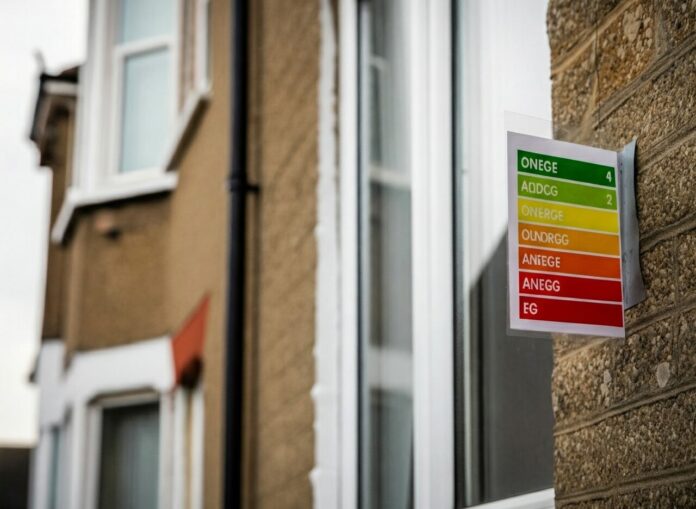Atom bank has warned that the UK’s reliance on energy performance certificates (EPCs) to measure household emissions could be undermining the country’s net-zero ambitions, after research suggested lenders may be overstating emissions from their mortgage books by as much as 50%.
The Durham-based digital bank, working with Experian and academics from Durham University, compared EPC-based estimates of carbon emissions with actual meter readings from more than 1,000 mortgaged homes.
The results showed that EPCs substantially overstated emissions and that there was little difference in energy use between the most and least energy-efficient homes, as measured by their EPC ratings.
The findings echo work by University College London’s Energy Institute, which found little variation in primary energy use above EPC band C, even when accounting for factors such as household size and thermostat settings.
Edward Twiddy, Atom’s director of ESG, said: “This study reveals that EPC ratings do not reliably reflect actual household emissions, with inaccurate data being a clear hindrance to reaching net zero.
“If most households are using similar amounts of energy, the focus should be on where that energy comes from and then how to make that clean energy as affordable as possible.”
REFORM REQUIRED
Atom has called on government to accelerate reform of EPCs and to prioritise measures that increase access to low-carbon, low-cost energy. The bank argues that using meter data rather than modelled estimates could enable lenders, policymakers and households to better understand true emissions, target fuel poverty more effectively and improve the credibility of green lending.
The trial has prompted fresh concerns over whether EPCs, introduced as a tool to cut fuel bills and drive energy efficiency, remain fit for purpose.
Hannah Cool, chief operating officer of the banking industry’s B4NZ initiative, said Atom’s decision to publish its findings “sets a powerful precedent for the financial sector” and urged other lenders to follow suit.
Scott Harrison, director of strategy and innovation at Experian, added: “EPCs are not a sufficiently accurate way of measuring household carbon emissions. This trial highlights the urgent need to shift from theoretical estimates to real-world data.”
Atom said it remains committed to becoming climate positive by 2035 but that achieving such goals will depend on a more accurate picture of household emissions. The bank is now working with B4NZ and other lenders to press for reform and to encourage greater data sharing across the financial and energy sectors.
The intervention comes as policymakers continue to review the future of EPCs, with ministers under pressure to align energy efficiency policy more closely with the UK’s wider decarbonisation strategy.





